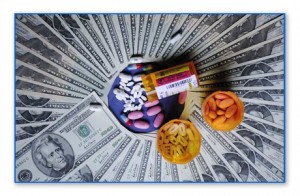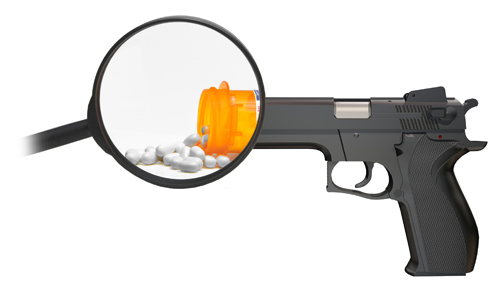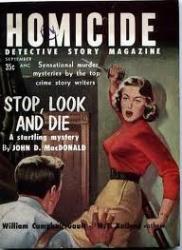For years, there were contentious debates about links between certain prescription meds, notably antidepressants, and suicidal behavior. Now, the focus is turning to violent behavior directed toward others. And a new study is linking 31 widely prescribed drugs – most notably, the Chantix anti-smoking pill – with 1,527 serious acts of violence, such as physical abuse, physical assault and homicide. The study, which was published in PLoS One, identified 484 drugs that accounted for 780,169 serious adverse event reports of all kinds, including 1,937 cases meeting the violence criteria determined by the researchers. There were 387 reports of homicide, 404 physical assaults, 27 cases indicating physical abuse, 896 homicidal ideation reports and 223 cases described as violence-related symptoms.
Besides Pfizer’s Chantix, 11 antidepressants, three ADHD meds and five hypnotics or sedatives were linked to 79 percent of the violence cases. Looked at another way, no cases of violence were reported for 324 of the 484 drugs evaluated. And so an association with violence appeared “highly unlikely” for nearly 85 percent of all evaluated drugs in widespread clinical use.




